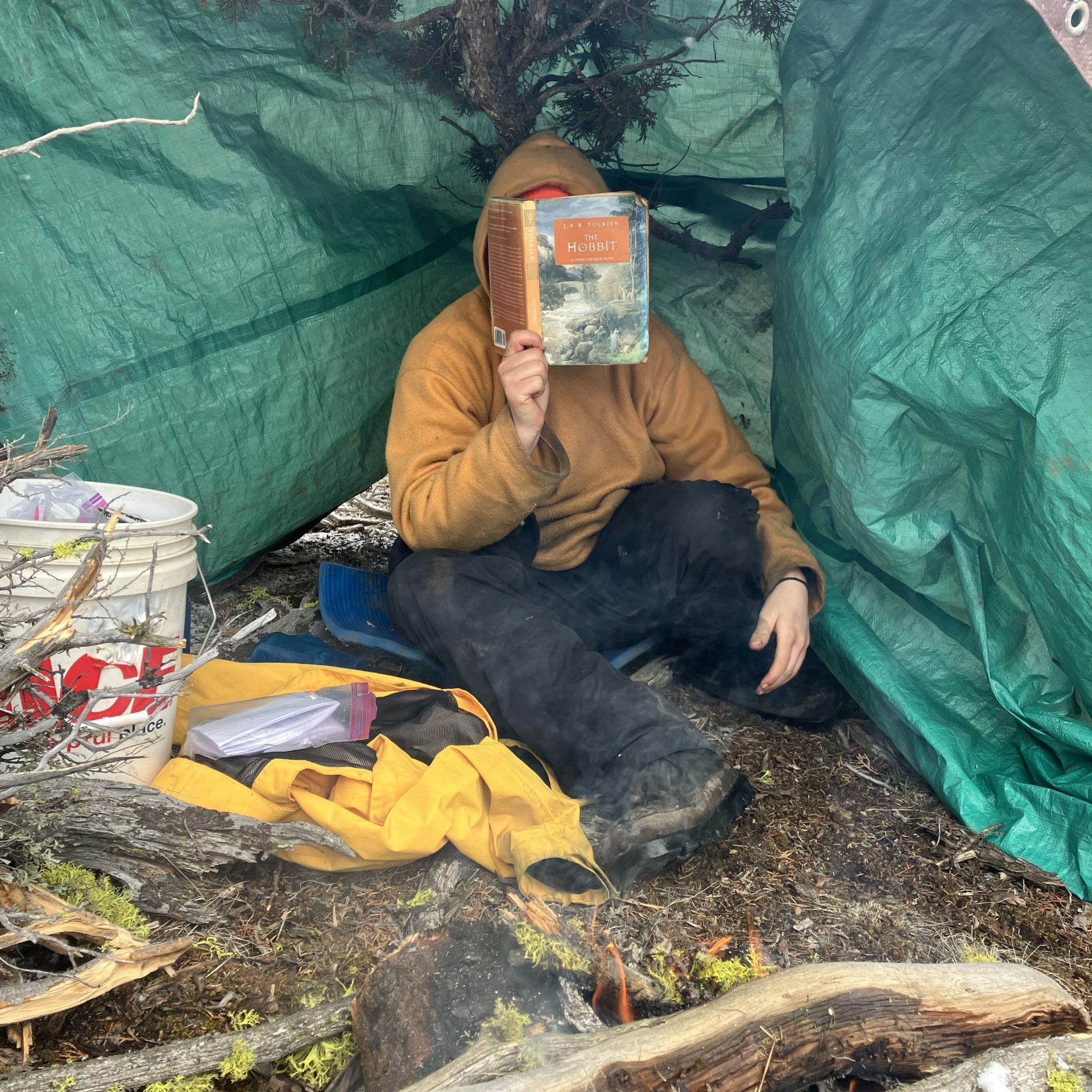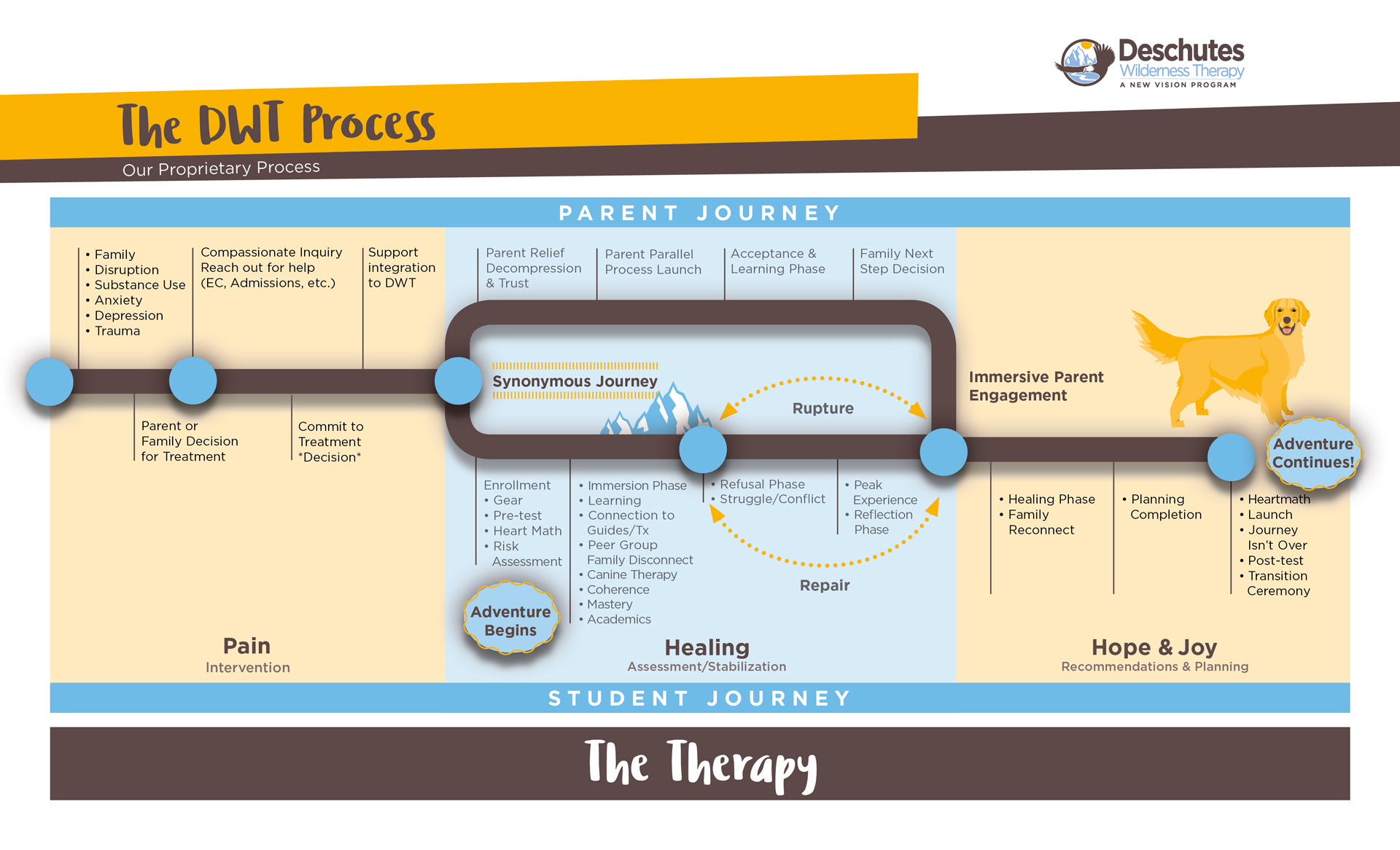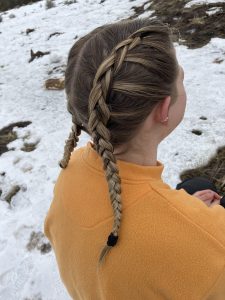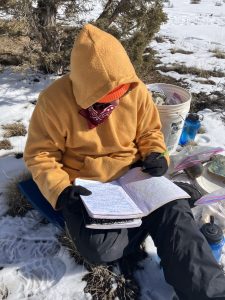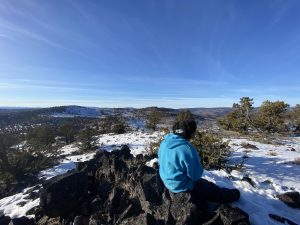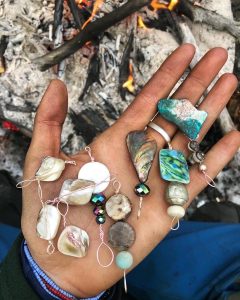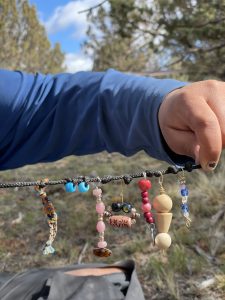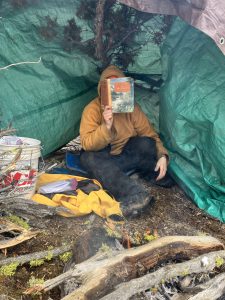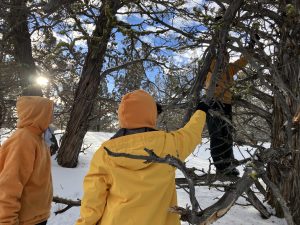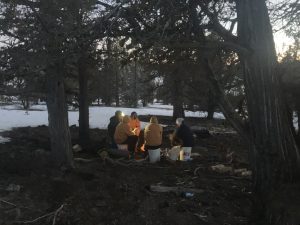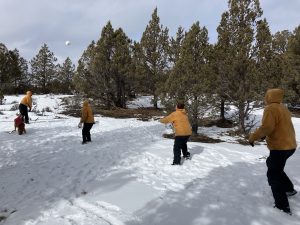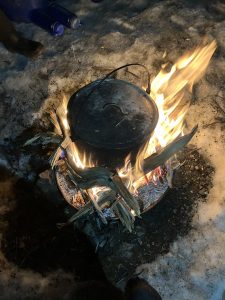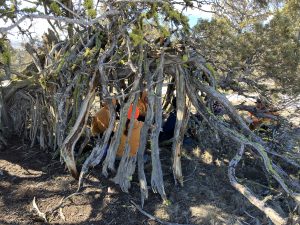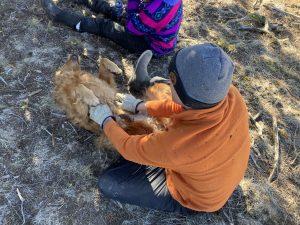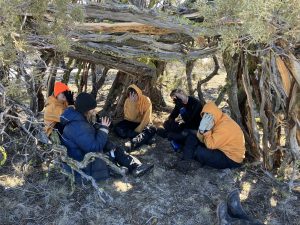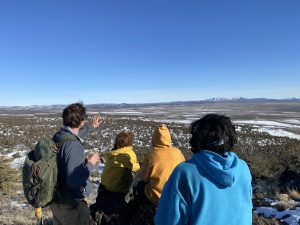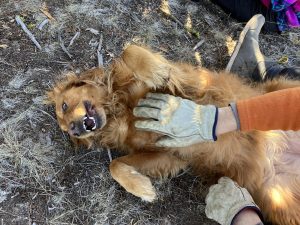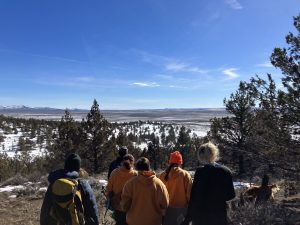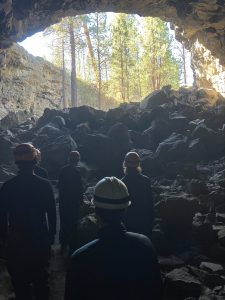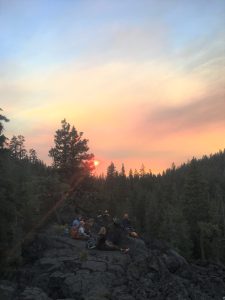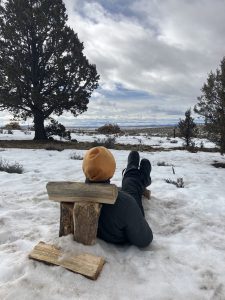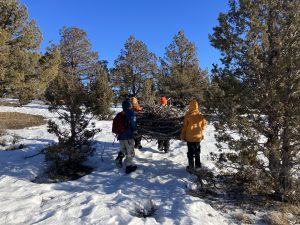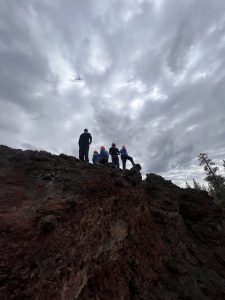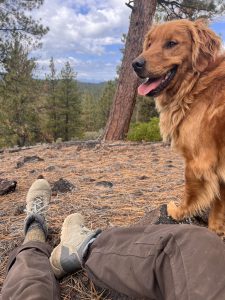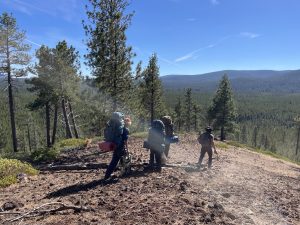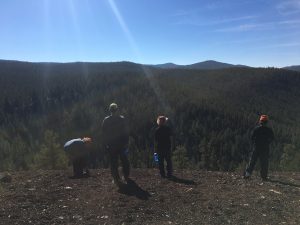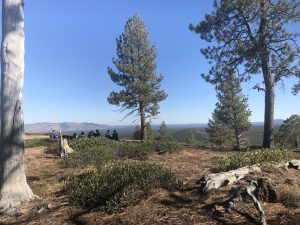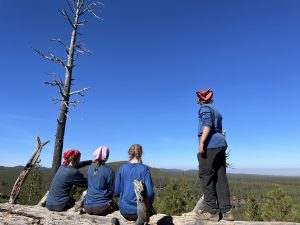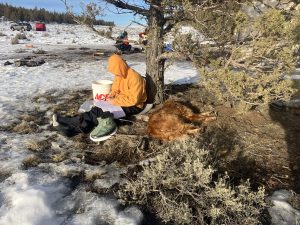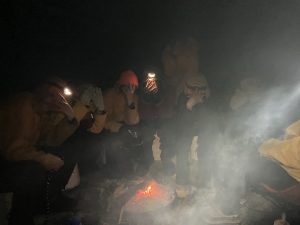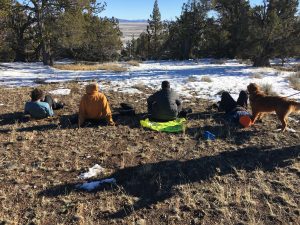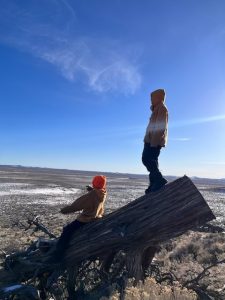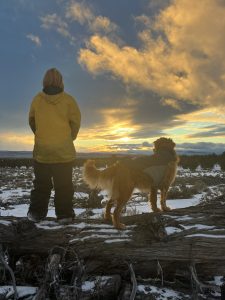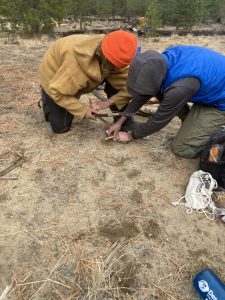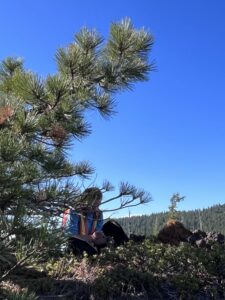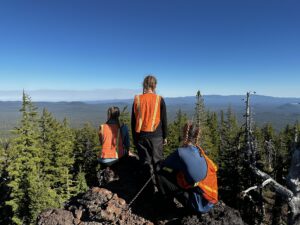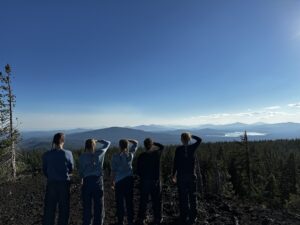Deschutes Adolescent Program is Unique in its Approach in Three Key Components:
1
Trauma-responsive and attachment theory-based programming includes canine therapy, adventure, and mastery program as part of each student’s process.
2
Students and families are supported with treatment plans tailored to each student’s individual needs, beginning with transition intervention; students are engaged and educated about their treatment journey before arriving and carrying this agency throughout their experience.
3
Experienced Therapists use brain-based-somatic interventions using a bottom-up approach to resolve trauma and get to the root of issues while deeply engaging families throughout the therapeutic process.
Who We Serve, Our Teen Students
Deschutes Wilderness Therapy's adolescent program supports students between the ages of 13-17. Many of our students have not achieved success in other treatment settings. Instead, they need our immersive and intensive program to overcome deep-seated and complex issues such as trauma, attachment disorders, adoption and other developmental traumas, and a wide range of clinical diagnoses and maladaptive patterns of avoidance and survival behaviors. Students often present with anxiety disorder, severe depression, suicidality, executive functioning difficulties (including ADHD, processing speed issues, nonverbal learning disorders, and other neurodiversity challenges), substance use, self-harm, and a wide range of relationship challenges.
The adolescents we support have often experienced difficulties over a long period. These struggles progress to the extent that you are worried about your child's safety and the downward spiral you observe. Many of our students come into the program wanting support in healing and feeling better. Some do not want to be here with us at the start of their journey. Regardless of whether your teen comes to us with insight or resistance, we will meet them where they are and work towards digging into the complex issues underlying the concerning behaviors that you experience.
Our team carefully reviews your teen's history and challenges and thoroughly assesses how Deschutes would support your child and your family. If we are not the right therapeutic fit, we will suggest more appropriate treatment options and additional avenues of guidance and support.
Family Immersive Experience
Deschutes Wilderness Therapy provides comprehensive family support throughout the immersive journey. DWT uses a family system and attachment-focused approach and removes the stigma of the child as the "identified patient ." You will explore family dynamics and patterns and how families communicate, manage conflict, establish boundaries and express their identities. Parent and caregiver involvement, growth, and development are integral to overall success in our program and in what follows post-transition.
Our comprehensive supports include virtual parent coaching with licensed DWT therapists, a two-day in-person family therapy visit, in-person family intensives*, weekly calls with your child's primary therapist, weekly online parent support forums, and access to informative webinars and supportive reading materials.
You will find a more thorough overview of our family services here
*additional fees will apply
Top 5 Highlights of our Adolescent Program
1
Precision Brain-based Somatic Approach: Highly experienced therapists use brain-based and somatic interventions to resolve trauma and precisely target the root of core challenges.
2
Safety-Deschutes Wilderness exceeds the highest standards for student safety in the country. The state of Oregon has the highest level of oversight and supervision for programs in the country. In addition to in-field safety measures, Deschutes is uniquely located in the heart of the largest city in central Oregon. The operating field area where your child will live during their stay is 30-60 minutes outside town. In addition to critical medical care, your child will have easy access to dentists, orthodontists, physical therapists, and psychiatrists. Our team at Deschutes is committed to getting your child to any in-town services when needed and without delay.
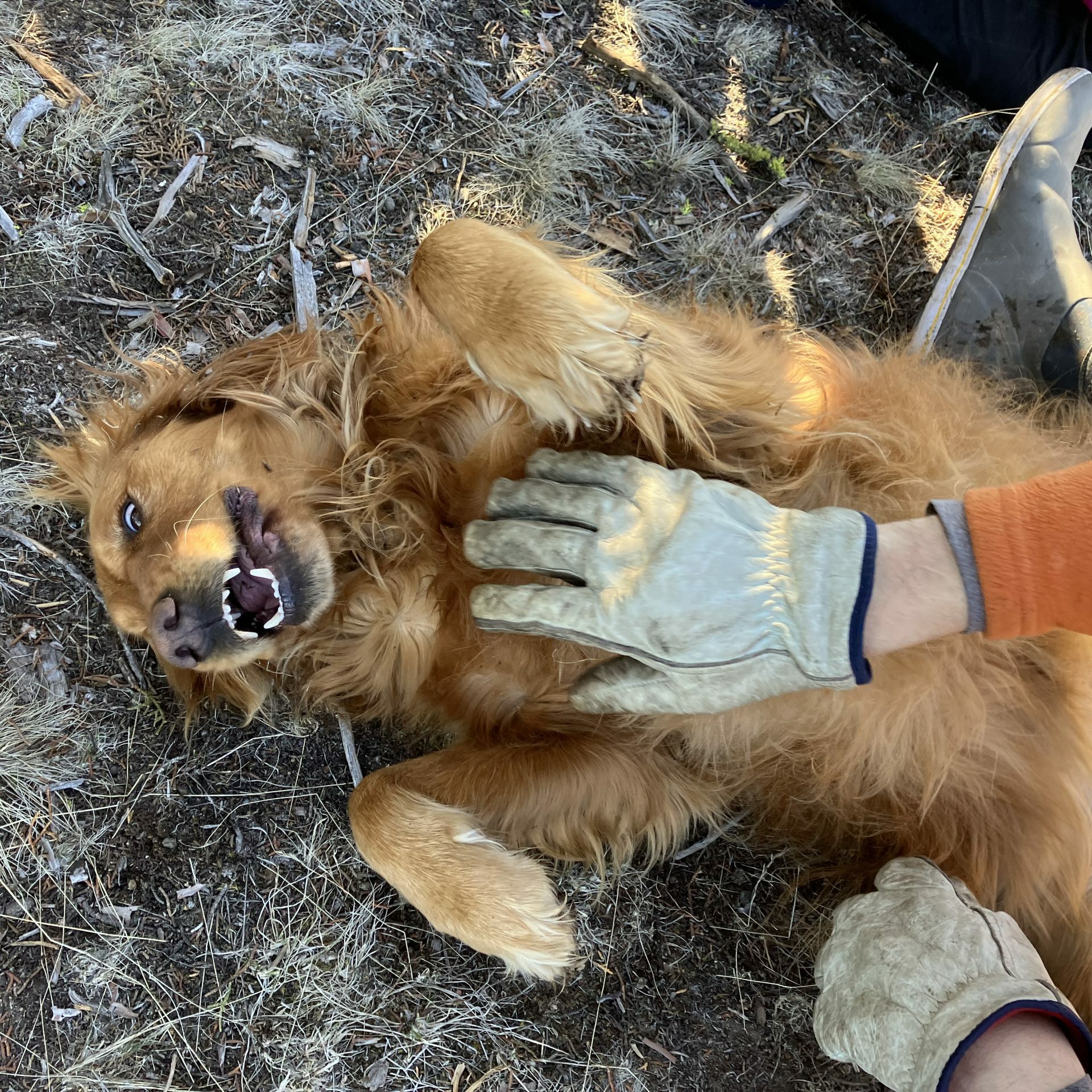
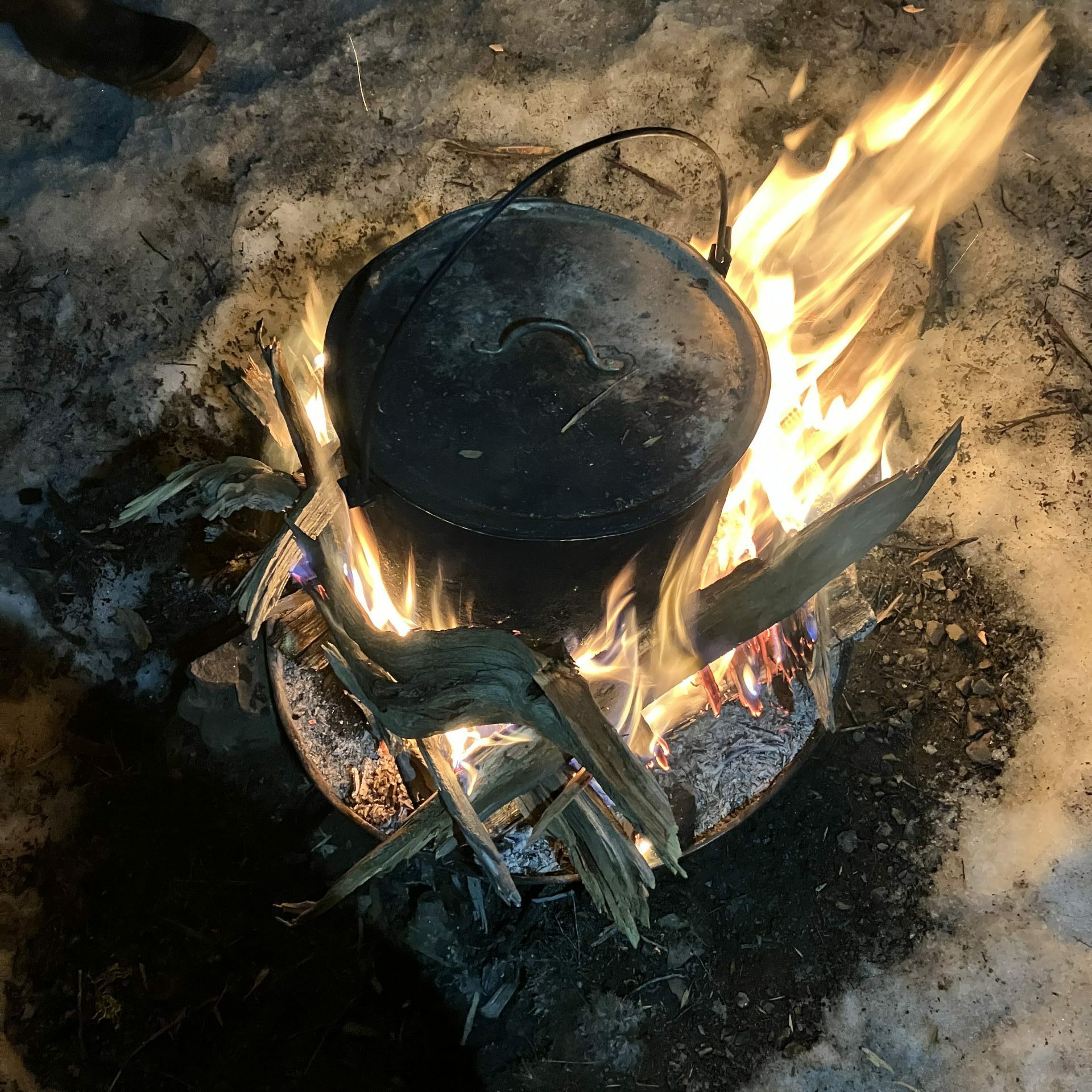
3
Mastery- Deschutes recognizes that each student has a unique path, and a cookie-cutter approach cannot support them on their journey. Our Mastery System helps individuals become a master of whatever they choose. Our therapeutic role is to assist in getting the blocks out of the way, whether emotional or historical. We foster independence through empowerment, knowledge, and personal growth.
The Mastery System fosters the relational model with our wilderness instructors and our students as they form an alliance during the process, allowing students to connect positively with peers and staff members. This system does not rely upon students earning levels, points, or other authoritarian structured perspectives. Instead, the Mastery System encourages individualized treatment and attention for students.
4
Canine Therapy- At Deschutes, our canine therapy program strategically uses Golden Retrievers to teach our students how to work on healthy relationships, with the ultimate goal being transferable attachment. Transferable attachment is practicing relationship tools with the canines and then transferring those skills learned to healthy human relationships. Our canines' unconditional love and loyalty make them the perfect animal to work with when practicing safe relationships.
When coming to Deschutes, students are gradually introduced to the canine program, with the initial focus being on their own safety and self-care. During this time, they are encouraged to participate in canine activities and can interact daily. Once students are ready, they take on the role of canine caregiver. As canine caregiver, they are responsible for practicing our CASA model, which stands for Commitment, Acceptance, Security, and Attunement.
5
Ceremony Culture-Your student's experience, progress, and journey at Deschutes will be marked and celebrated through thoughtful ceremony. Deschutes Wilderness Therapy utilizes the sacred space of ceremony to honor our students for their hard work. Our Field Instructors create intentional ceremonial spaces to celebrate therapeutic milestones, honor the passing of a loved one, or pay tribute to the changing seasons and moving field areas. Deschutes Field Instructors often create handmade beads to capture these milestones in a tangible form that our students can take with them on their journey. These beads serve as a reminder and memento for these impactful moments. Beads are often awarded for things like sobriety, completing therapeutic challenges, concluding our immersive family therapy day, and transitioning out of our program. Deschutes Field instructors will bestow meaning and significance to the beads students receive during each ceremony.
Adolescent Overview
Testimonials
Admissions Process:
At Deschutes Wilderness Therapy your child is most important. To better determine if our services can serve you appropriately, please contact us at 541-640-7184 or email us at admissions@DWTbend.com.
DWT has the ability to enroll students year round, every day of the week, and depending on scheduling. We will do our best to accommodate your needs.
Start moving forward by speaking to a member of our experienced and compassionate admissions team by calling 541-640-7184 or email us at admissions@DWTbend.com.
